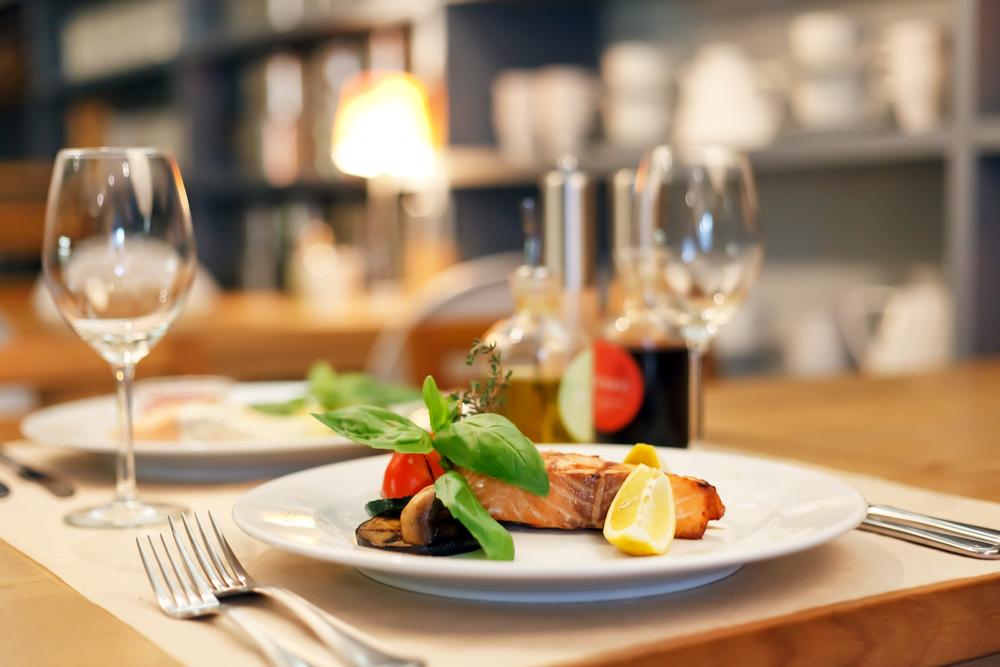
If you have found a restaurant for sale that interests you, you may want to stop and consider your alternatives.
Instead of buying a restaurant, have you considered leasing? This maybe a more appealing option depending on the circumstances.
It should be pointed out that buying and leasing a restaurant are two very different transactions that carry two very different sets of circumstances. To make the right decision, you need to know how to weigh one option against the other.
Leasing Is Not As Much Of An Obligation
When you lease a restaurant location, you can negotiate lease terms as low as six months. There are several benefits to short-term restaurant obligations, including:
- You can limit the financial damage if the restaurant fails;
- You do not need to worry about looking for long-term and exclusive supply agreements that can be constricting;
- A short-term obligation gives you a chance to see if the location can actually support a successful restaurant;
- Leasing Pro – Leasing Relieves You Of Much Of The Maintenance Concerns For The Property.
When you lease a restaurant, you are often not responsible for the cost of maintaining the grounds and the building itself.
You would be able to rely on your landlord to assume the cost of such activities as:
- Repairing the building;
- Maintaining the landscaping;
- Dealing with any issues from the city such as sewer or water issues.
Leasing can certainly save you a great deal of money compared to buying, but there are some negative aspects of leasing one should consider.
Your Options Are Limited With Leasing
When you lease a building, you are not allowed to make any major changes or improvements to the building. Most landlords will build to suit, which means they will work with you on any kind of theme and help you to get the right sign for your business. But if you want to expand your dining room or put larger windows in the front of the restaurant, then you will need the landlord’s permission.
You Could Be Out Of Business Even Though Sales Are Great
Leasing a building means that you do not own it. Your business could be extremely profitable, but it could also be shut down immediately if the landlord sells the building to someone who has other tenants in mind. With leasing, you are not in control of your own business destiny and that can be dangerous.
Maybe buying is more suited to your situation. Below we have highlights some pros and cons regarding buying a restaurant.
You Can Gain Equity In Your Investment
If you lease a building, then your monthly payments are going towards someone else’s bank account. But when you own the building, any equity that builds up is all yours, increasing your businesses value.
Equity not only increases your value, but it can also be utilised to improve certain aspects of your business, such as:
- Remodel the building;
- Upgrade your kitchen equipment;
- Update your food storage equipment.
You Control Your Costs
When you own a restaurant, you do not have to worry about a landlord raising your rent and putting you out of business. You have control over your costs and can use that to your advantage. That is why many people look to buy a restaurant as opposed to leasing. But once again, this comes down to personal financial situations and preference.
That being said, below we have touched on a few ‘cons’ to buying instead of leasing.
You Are Responsible For Repairs
If the roof caves in on a restaurant you own, then it is time to get on the phone with the insurance company and get it fixed. The real problems occur when something major happens that is not covered by your insurance. Those events can put you out of business. You just need to make sure you are prepared for the responsibility of being the owner.
Your Stuck If Something Happens
If you lease a restaurant and the city decides to change the zoning laws, you can always move your business to a new building, but who wants this headache!
When you own the restaurant, then changes in the city zoning laws, or other unfortunate changes to your location, become a huge financial headache. This is uncommon, but needs something to think about.
So What Is The Answer?
When you are just starting out, the smart approach is to lease your restaurant. You are able to invest in growing your brand when you have no responsibility for the taxes, maintenance, or repairs to a building.
After you grow your brand and you have a loyal customer base and a strong reputation in your area, then you can move your business anywhere you want. You buy a restaurant when you are ready to make a long-term commitment to the success of your business.
After you have leased a location for a few years and established yourself, then it is time to buy a restaurant location and take full control of your business.